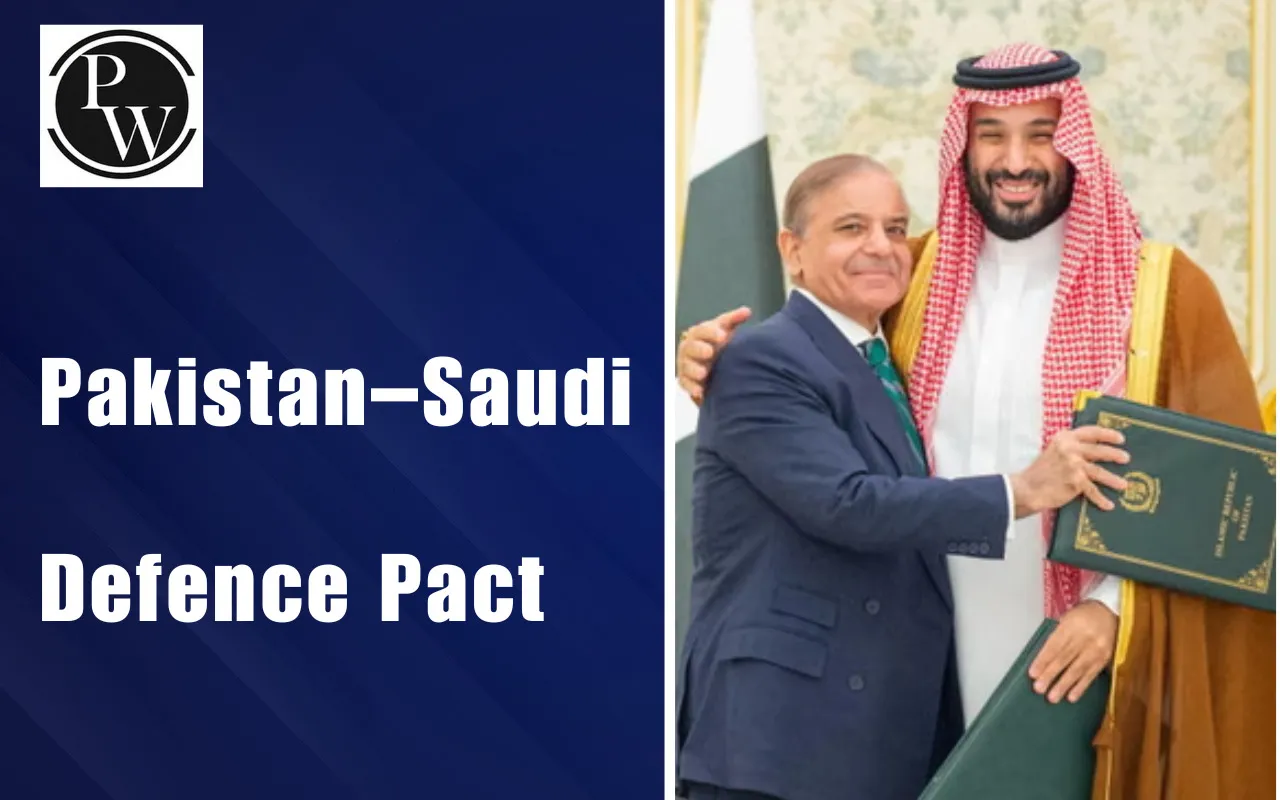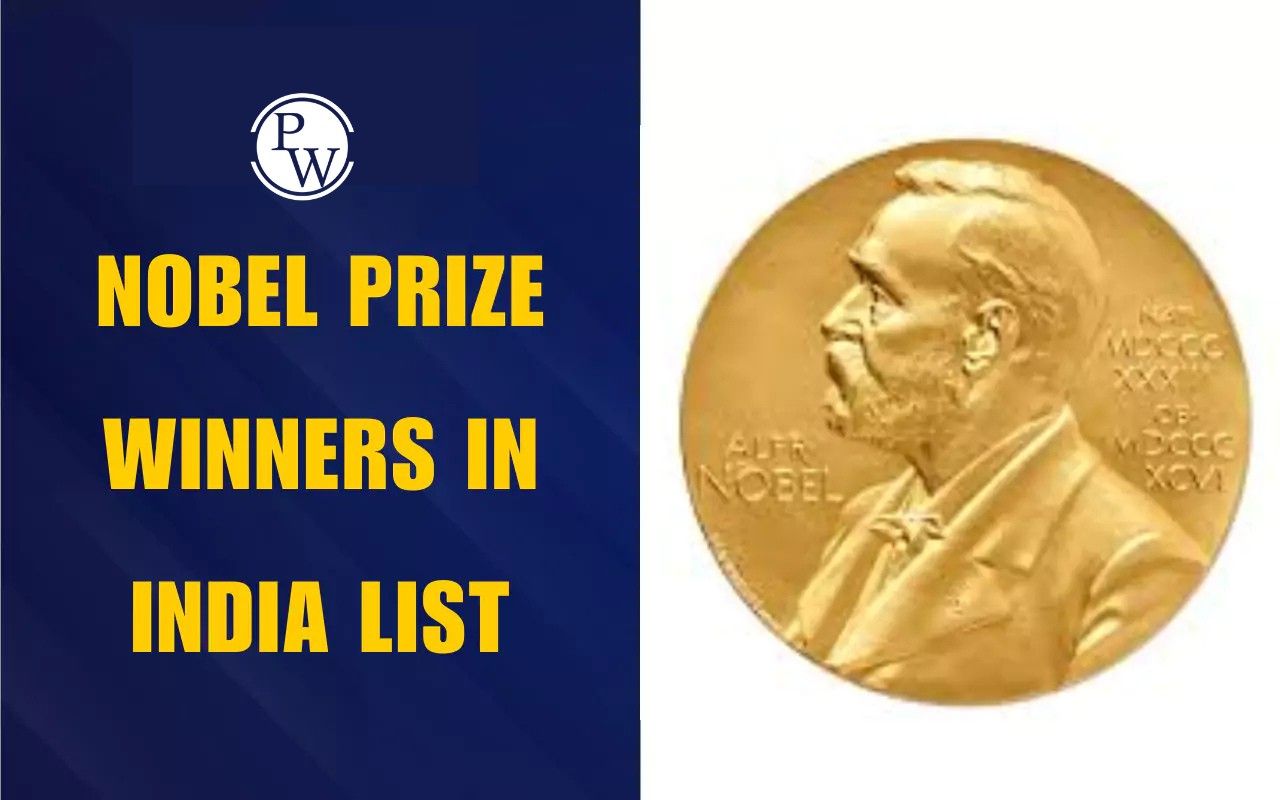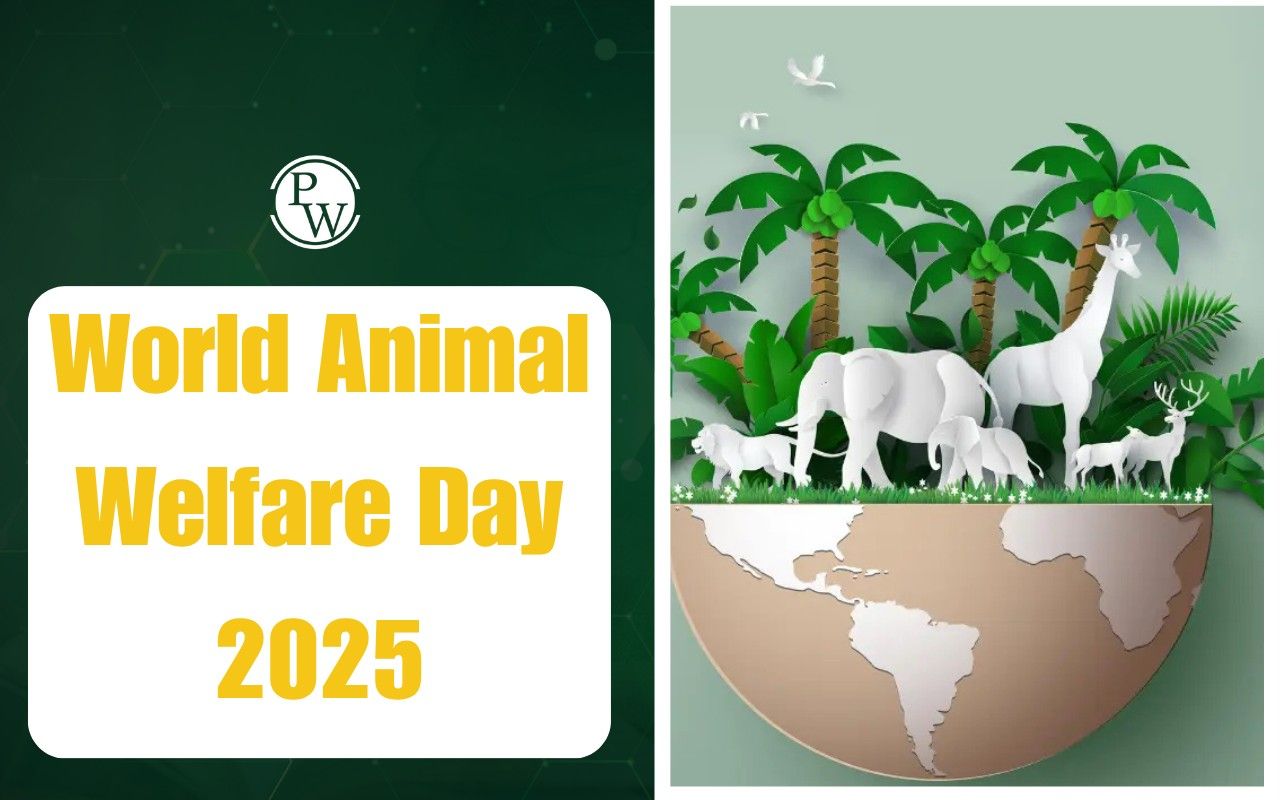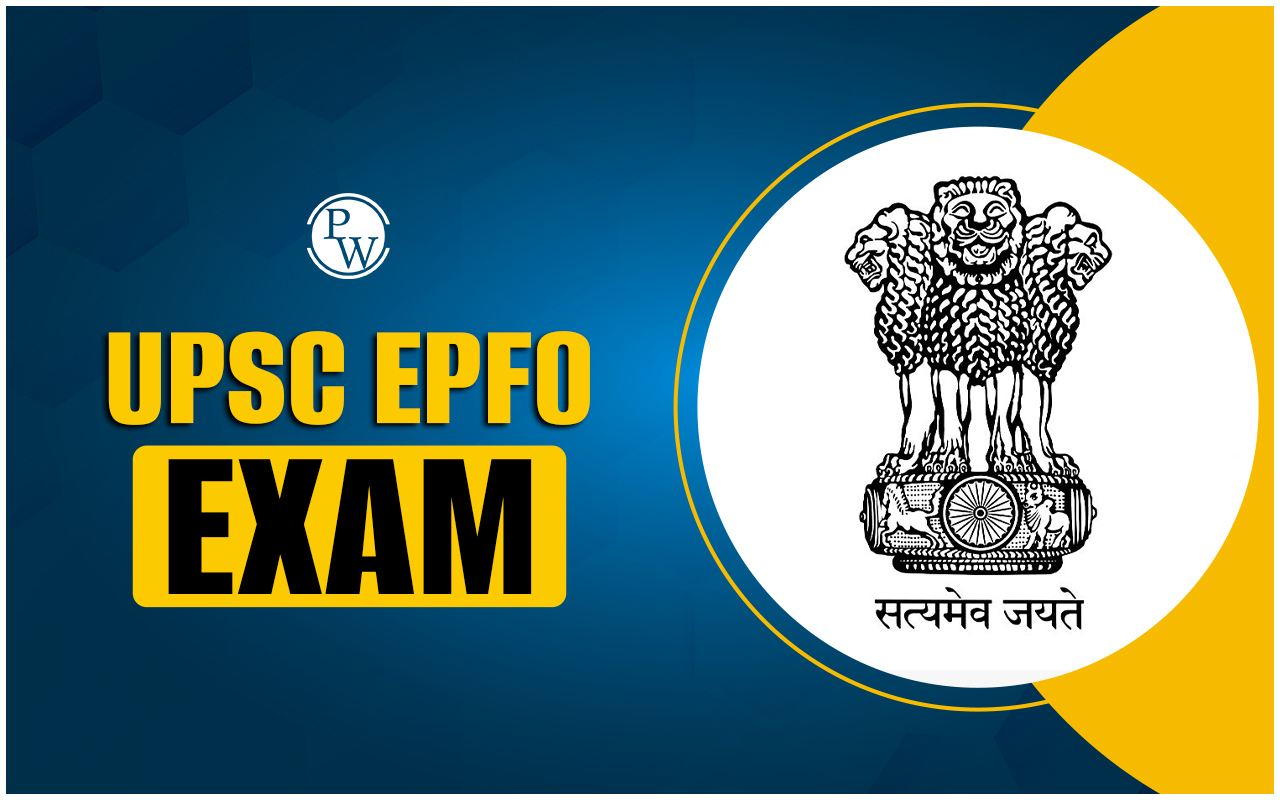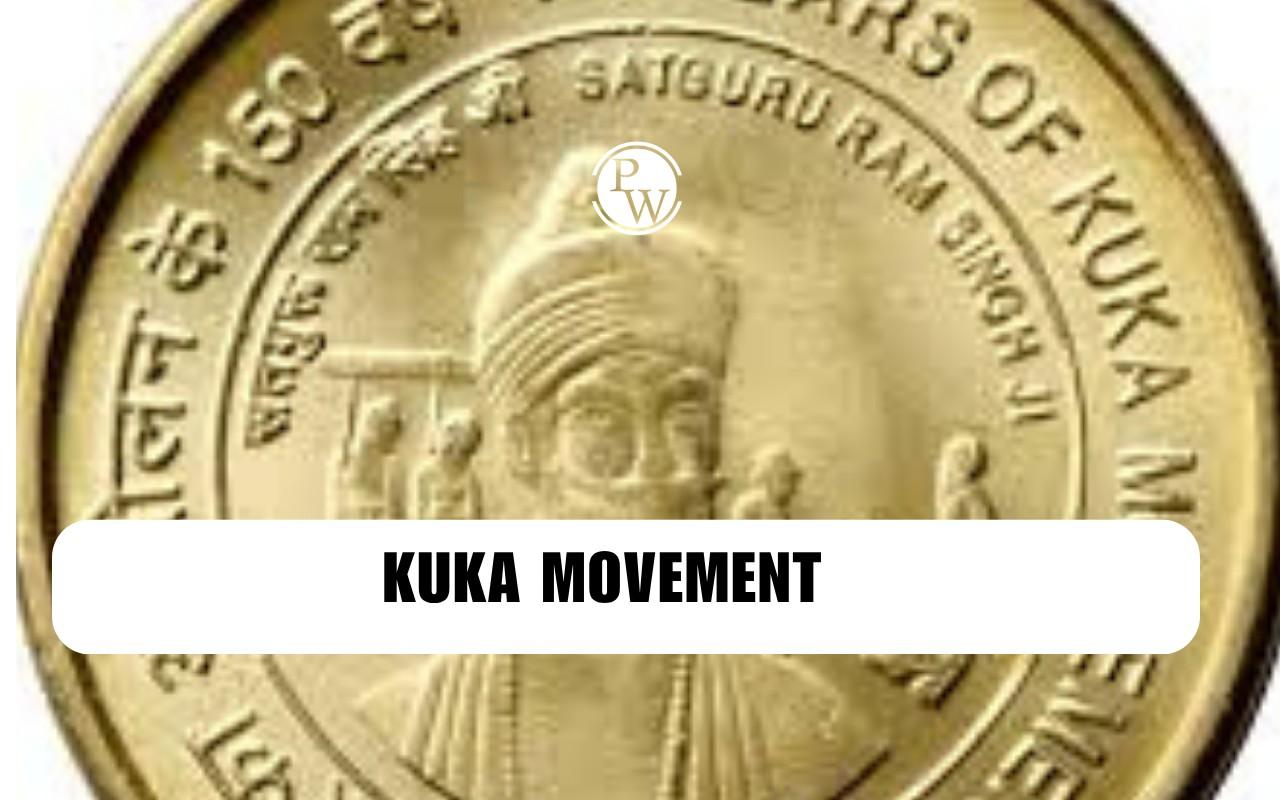
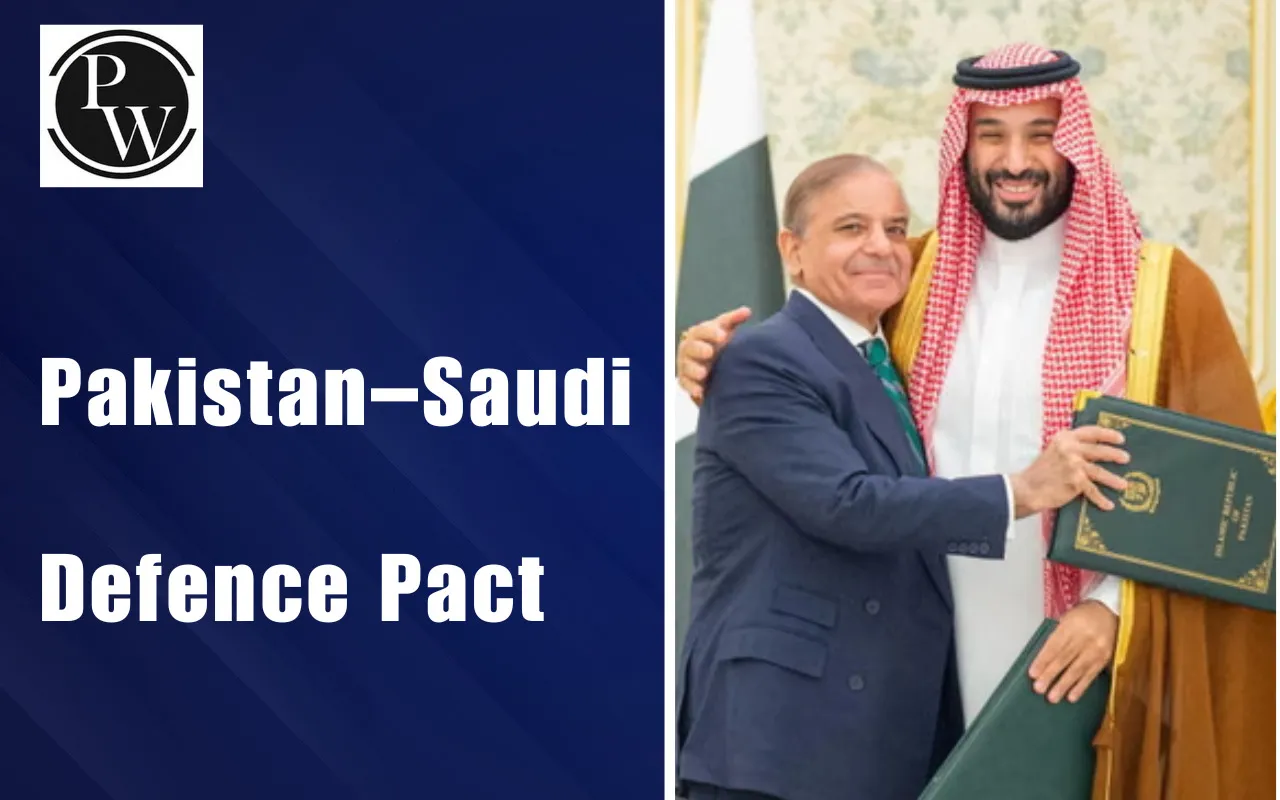
Pakistan–Saudi Defence Pact 2025: Pakistan and Saudi Arabia unveiled a historic Mutual Defence Pact on September 17–18, 2025, in Riyadh. The pact was signed by Pakistan Prime Minister Shehbaz Sharif and Saudi Crown Prince Mohammed bin Salman. It binds both countries to respond collectively to any foreign aggression against either of the two nations. The pact follows growing regional turmoil with India, Israel, and still-smoldering West Asia wars.
Pakistan–Saudi Defence Pact is of interest to UPSC aspirants for UPSC GS II (International Relations) because it affects India's foreign policy with West Asia and Pakistan. It could be of interest in GS III (Internal Security) via regional stability, nuclear deterrence, and strategic interests.
Pakistan–Saudi Defence Pact 2025
Pakistan and Saudi Arabia signed a Mutual Defence Agreement on Sep 17-18, 2025, pledging that any aggression against one would be considered aggression against both. The pact strengthens military cooperation, joint deterrence, and regional security. India acknowledged the development and said it will study its implications for national and regional stability.
Historically, Saudi-Pakistan relations have been intimate, characterized by aid and military assistance. Meanwhile, Saudi-India relations have been increasing slowly through defence drills and strategic collaborations.
Key Pakistan–Saudi Defence Pact Takeaways
The recent agreement on a defence pact between Pakistan and Saudi Arabia is a major milestone in military cooperation between both countries. Below are some of the key takeaways from the Pakistan–Saudi Defence Pact:
-
Mutual Defence Pact: This is the first clear military agreement between them.
-
Geopolitical Timing: The agreement was made at a time of increased local conflict.
-
Saudi Assurance: Riyadh has insisted that its relationship with India is not touched.
-
Nuclear Shadow: Pakistan nuclear stock implicitly enhances Saudi Arabia deterrent capabilities.
Why Pakistan–Saudi Defence Pact 2025 is Signed Now?
Three critical factors are driving this development are regional tensions involving Israel, Pakistan's economic reliance on Saudi Arabia, and Saudi Arabia's calculated approach to leadership in the Islamic world.
1. Escalating Regional Tensions: Israel's military gestures in West Asia and Saudi apprehensions regarding its security situation. In addition, increasing instability in Afghanistan and cross-border militancy threats affecting Pakistan.
2. Pakistan’s Economic and Security Dependence: Pakistan's dependence on Saudi economic assistance is another cause. Islamabad seek solid foreign allies in the midst of poor relations with the West.
3. Saudi Arabia’s Strategic Calculations for Islamic World: Crown Prince Mohammed bin Salman (MBS) intent on fortifying Saudi leadership in the Islamic world while juggling relationships with nuclear-armed Pakistan, Israel, and India.
Pakistan–Saudi Defence Pact Features
As the dynamics play out, the agreement is likely to influence not just the bilateral relationship but also the larger geopolitical situation. Going by what Riyadh and Islamabad have said, as well as international media reports, following are some of the Pakistan–Saudi Defence Pact Features:
| Feature | Details |
| Mutual Defence Clause | Commitment to a joint response against aggression on either state; rare explicit military guarantee within the Islamic world. |
| Joint Security Mechanism | Enhanced coordination in intelligence sharing, counterterrorism, and defense technology. |
| Military Exercises & Training | Expansion of joint military drills and training programs for armed forces of both nations. |
| Regional Stability Goals | Focus on protecting sovereignty, stability, and national interests amid external threats. |
| No Shift in India–Saudi Relations | Riyadh clarifies that the pact will not affect its independent ties with India. |
Historical Background of Saudi–Pakistan Relations
Pakistani and Saudi ties are characterized by a long, deep-rooted relationship based on history, religion, and mutual support. Since 1947, these relations have been forged by common Islamic principles, cultural closeness, and strategic coordination.
A 1951 Treaty of Friendship was the foundation for strong partnership, which has since grown in every political, economic, and social sphere. Millions of Pakistanis now work in Saudi Arabia to aid in its development, further entrenching this fraternal relationship.
-
Saudi Arabia and Pakistan share strong historical ties in politics, military, and religion.
-
Pakistan has trained Saudi military personnel and supplied security for Saudi installations since the 1960s
-
Economically, Saudi Arabia has consistently supported Pakistan with deferred oil payments and bailout packages during crises.
What are Implications for Pakistan and Saudi Arabia?
The Middle Eastern and South Asian geopolitical environment is changing dramatically, particularly with the shifting dynamics of the relationship between Saudi Arabia and Pakistan. Both countries benefit strategically from their alliance, yet it also brings with it a set of implications and challenges that have the potential to redefine their positions in the international arena.
Implications for Pakistan
-
Security Guarantee: Pakistan gain a formal security umbrella from the Middle East’s most influential state.
-
Diplomatic Boost: The pact signals Pakistan’s relevance in regional geopolitics.
-
Strategic Leverage: Enhanced bargaining power with the U.S., China, and Gulf states.
-
Risks of Entrapment: Pakistan may face pressure to back Saudi military positions, even if not aligned with its immediate interests.
Implications for Saudi Arabia
Here are some implication for Saudi Arabia:
-
Strengthened Security Network: Access to Pakistan’s large standing army and nuclear-armed deterrence.
-
Counterbalance to Israel: A message to Israel that Riyadh retains Islamic military alliances.
-
Islamic Leadership: Reinforces Saudi Arabia’s role as the political and religious center of the Muslim world.
-
Economic Dimension: Saudi investments in Pakistan gain a stronger political backing.
India’s Position and Concerns On Pakistan–Saudi Defence Pact
This pact has compelled India to analyze the pact closely for national security. Some of India's concerns are:
-
Security Threats: India's western security perimeter could be affected by the potential for greater Pakistan–Saudi defense collaboration.
-
Strategic Balancing: Saudi Arabia's economic and energy relations with India could be complicated.
-
Diplomatic Signalling: Riyadh has made it clear that the agreement is not targeted at India. Nevertheless, New Delhi is cautious in respect of any combined security efforts between Pakistan–Saudi.
Wider Geopolitical Implications
This geopolitical setting could affects nuclear defense, shifts Middle East power dynamics, engages China, and makes India and Afghanistan reassess their strategies.
-
Nuclear Angle: Pakistan’s nuclear capability adds weight to Saudi Arabia’s deterrence posture.
-
Middle East Power Shifts: Pact may alter dynamics of U.S. influence, Iranian containment, and Israel–Arab normalization.
-
China’s Role: Both Pakistan and Saudi Arabia are close Chinese partners, which may add a Beijing-driven dimension.
-
South Asia Security: India and Afghanistan must recalibrate their approaches to a strengthened Pak–Saudi axis.
The Pakistan–Saudi Arabia Defence Pact marks a historic elevation of bilateral ties into a formal security alliance. For Pakistan, it brings economic and strategic reassurance. For Saudi Arabia, it strengthens military preparedness and reaffirms leadership in the Islamic world.
For India and Israel, however, the pact introduces fresh complexities in an already fragile regional order. As the Middle East undergoes rapid shifts, this agreement underscores the fluid nature of alliances in contemporary geopolitics.
For UPSC aspirants, the key learning lies in analyzing such developments not in isolation but as part of broader regional and global power dynamics.
Pakistan-Saudi Defence Pact 2025 FAQs
What is the Pakistan-Saudi Defence Pact 2025?
Why now was the Pakistan-Saudi Defence Pact signed?
What effect does the Pakistan-Saudi Defence Pact have on Pakistan?
What are the implications for India?
How does the pact influence the wider region?

